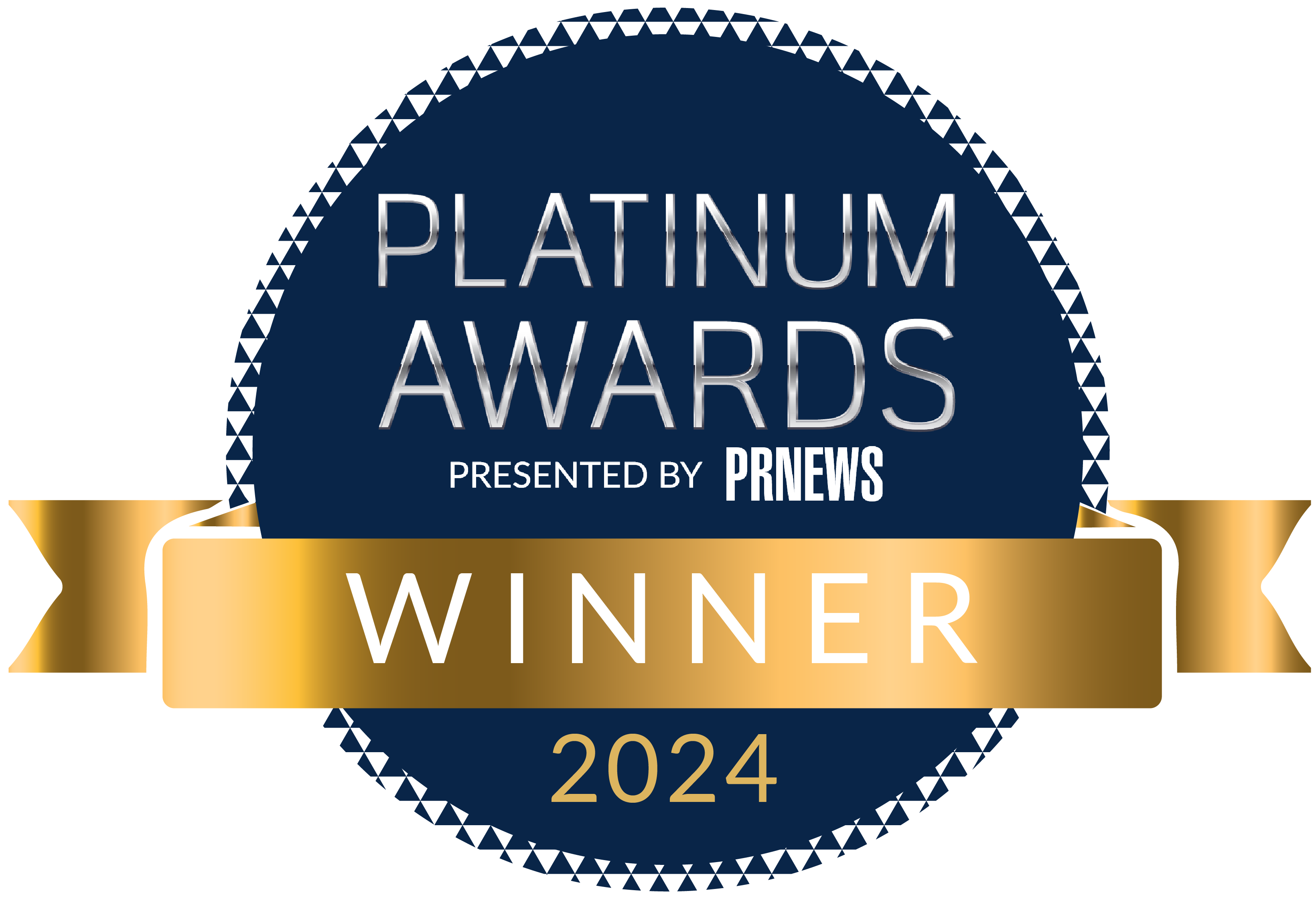A big part of PR strategy is taking advantage of timely events – something we call trendjacking. We all know the deal – something happens that brings global attention, and everyone races to offer expert commentary or share something on social media in the hopes of inserting themselves into the story. It’s a great way to establish thought leadership and show authority on a national stage.
That said, there are instances where a major global happening can get in the way of telling your own story, even if it’s an upcoming event or a new product launch. While out of our control and not ideal, sometimes best practice in those situations is to wait for the noise to die down.
With social media amplifying stories around the globe on a daily basis, it’s crucial to monitor the news to understand when trendjacking is appropriate and when it’s not. Here are a few of FischTank’s best practices to navigating timely events within your PR strategy.
When to Trendjack and When to Sit Back
There is a fine line to trendjacking between being an informational resource and simply trying to promote yourself or company at the expense of a larger event – especially a tragedy or instance where people are negatively impacted. Like when Spaghettios once tweeted a Pearl Harbor remembrance post featuring a Spaghettio smiling and holding an American flag. The backlash was fast and fierce and the pasta-in-a-can quickly learned that sometimes it’s best not to participate. Gives a whole new meaning to “Uh oh! Spaghettios!”
On the other side of the line is the opportunity to provide valuable commentary that improves a conversation – like if you’re a financial aid expert who can speak to the ongoing conversation of wiping out student loan debt. With a fresh take and a willingness to discuss impact to all sides, you can generate coverage for yourself in a way that is also valuable to others. The best thing you can do in these situations is to present yourself to a reporter as a resource for their information – that’s it, no strings attached. They’re looking for authorities on specific subject matter, you’re happy to provide them the information they’re seeking, and if it doesn’t work out this time you’ve established a trusted relationship for the future.
Month-Long Observances Are Great Opportunities Too
Pandemics, tense political situations, or single day instances are not the only opportunities for trendjacking. If you’re FischTank client, BIONIK Labs, a robotics company focused on providing rehabilitation and assistive technology solutions to individuals recovering from strokes, then the month of May during National Stroke Awareness Month is a month full of opportunity to trendjack and be a part of the larger conversation around stroke recovery and innovative technologies within healthcare.
There are so many national day/month observances that can be fitting for expert commentary, and these should be built in to PR strategy. Reporters and media outlets like to take advantage of these topics because they drive clicks, the hashtags often trend on social media, and it gives them a month-long news peg to focus on.
Understand You Aren’t Always the Most Important Story
Some events like the Capitol Building insurrection may cause journalists to not pay attention to what your client wants out there in the media. But sometimes there are other horrific events that may set back a media campaign entirely – and we just have to accept it.
Back when I was an intern for another PR agency, one of my mentors told me a story about this big broadcast opportunity he secured for an education client that had to be cancelled. The client was extremely disappointed and wanted to go through with the broadcast interview no matter what; he wouldn’t take no for an answer. The cancellation of the interview eventually led to the client firing the agency. The reason for the cancellation of their broadcast interview: the Sandy Hook Elementary School shooting.
While an unfortunate result for that campaign, there likely could have been a workable solution had they had patience and understanding of the media cycle. FischTank once had a client who flew in to NYC from Florida specifically to do an interview with Bloomberg radio. It was the largest media opportunity the startup had to date, and the CEO was very excited. Upon arriving at the studio and waiting in the green room we were told we were bumped because of breaking news – Google announced its new umbrella company Alphabet. The CEO was disappointed but told the producers he understood that major news supersedes all else. They were so appreciative that they asked him to come back the next day and they would squeeze him into a full schedule, which they did. Two different reactions – two different results.
Trendjacking a timely event is a great way to get in the news but everyone needs to set the expectation that certain events that go on in the world today will totally consume a journalist’s time – while others present the perfect opportunity for you to offer your expertise and elevate the conversation.




